Other archaeologists live in fear of being caught making a mistake. Once a colleague told me that he did not want to share his primary data – even after the work was over – because there might be mistakes and he did not want his colleagues to find them. This attitude reflects an understanding of archaeology as a competitive discipline in which our colleagues are our adversaries. It is difficult to imagine what archaeologists can compete for. Certainly not for power, or money, or glory. Are we even ranked? But the point is that if we are competing it is impossible to build a community engaged in the pursuit of a better understanding of the past. Competition is the opposite of community.
Sharing primary data as we gather it allows us to get early peer reviews from our colleagues. If there are mistakes in our data or methodology, we can correct them early and thank our colleagues for their constructive input. Making mistakes is not a crime. I know of a reputed scholar, known for his especially harsh criticism of most of his colleagues, that once sent an article for peer review with two orthographic mistakes in the title alone.
Although an obnoxious critique of our work can be annoying, these situations are largely compensated by the constructive input of our colleagues. Moreover, being criticized is unavoidable. How many times have we heard people attacking ideas that they don’t understand, or commenting on colleagues’ work from hearsay, without having read it? Critiques are a part of any adult life. And idiotic critiques are harmless because archaeology is a small field and we all know everybody.
Sharing primary data is the basis for any serious discipline. Our results should be supported by data. And sharing partial results should be a generalized practice. All our works will need to be reanalyzed in a few years. Archaeology is an iterative discipline.
